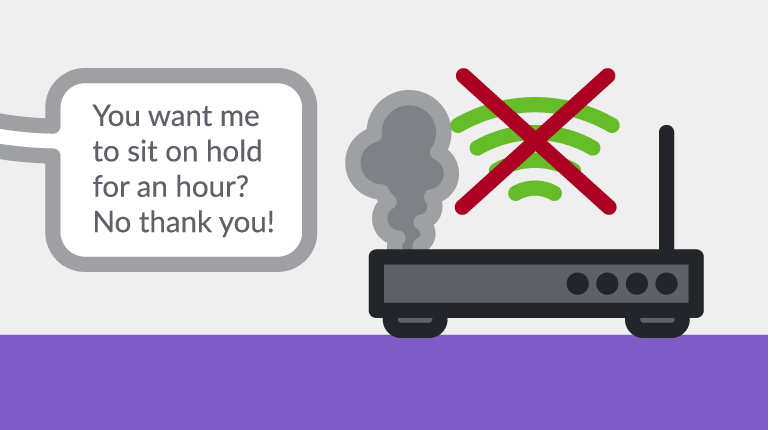With technology evolving rapidly, so is the evolution of the customer experience (CX). The customer journey is no longer linear – which means understanding the customer to create a simple, straightforward path to getting things done is more important than ever before. To streamline CX and ensure that customers are satisfied, companies are looking for new and efficient ways to help customers in all departments – not just call centers, but within marketing, sales, and even IT. From brand perception, to customer interactions via phone or the web, the customer experience goes beyond marketing – it’s a company-wide endeavor that should focus on all customer touch points. But who should assume responsibility for CX?
CMOs may be the answer. While their roles typically focus on larger marketing campaigns, they have always played a critical part in the channels that represent CX, such as web and digital. Because of this, their roles are increasingly transitioning to become more involved with the customer journey – meaning they are collaborating more across all departments.
CX as a Marketing Priority
A recent report by Forrester states that most CMOs believe CX is a higher priority now than in the past. The report, which delves deeper into the evolving role of the CMO and the important role they play in CX, found that two-thirds of CMOs are already taking on CX responsibilities and solidifying their position as business leaders who drive long-term results.
Who better than a marketing executive to understand customers and their needs? While it sounds like an ideal match, it will not come without its challenges. Building a case for a “new” CMO will be difficult, and because marketing is often isolated from other departments that affect CX, organizational siloes can have a negative impact when trying to lead change. So, the CMOs of the future will need to focus their roles on customer-focused responsibilities in order to affect change across departments.
The Importance of CX for Brand Loyalty
It’s no secret that brands are increasingly competing on the basis of customer experience rather than on price or product. For many CMOs, the directive to retain customers will depend heavily on ensuring a positive customer experience at each touch point with the brand – including customer service interactions. In fact, for many companies, customer service interactions are the primary touch point for a company and its customers. And with changing customer expectations, companies need to deliver quick and efficient customer experiences that get the interaction right not just the first time, but every time.
The customer experience is changing, and businesses are doing all they can to change with it. Because of their comprehensive marketing and customer insight, CMOs are the ideal candidate for strategizing a company’s customer experience and leading the company towards a customer-obsessed mindset.





